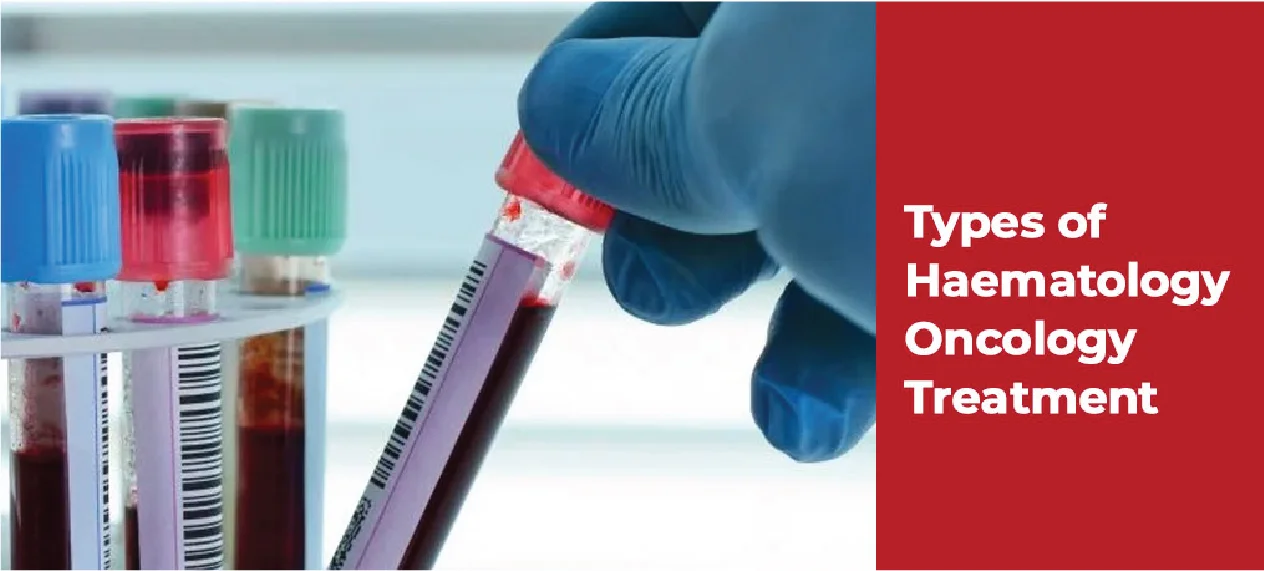
"Hemato" refers to blood, and the study of blood and blood-related disorders is called hematology. Doctors or healthcare providers who specialize in understanding blood components and blood disorders are known as hematologists. Blood is a vital component of the body, as all major functions are connected to it in some way. It is primarily responsible for transporting oxygen and nutrients throughout the body. Any toxicity or deficiency of minerals or vitamins can lead to diseases or malfunctions in the body. Any part of the body that does not receive an adequate supply of blood will experience some form of issue. For example, if there is insufficient blood circulation to the scalp, the hair follicles may not receive enough nutrients, leading to thinning hair or hair loss. Therefore, it is important to monitor our blood or hemoglobin levels at least once every six months to determine if any supplements or nutritional adjustments are needed.
Blood is mainly composed of three components viz ‘Red blood cells which are responsible for carrying oxygen to the body, ‘white blood cells that help fight against diseases or infections, and ‘platelets’ that help in transportation of nutrients and help in blood clotting. Blood disorder might affect any of these blood components that might cause several other health-related problems.
There are various numbers of Blood Disorders. Each blood component have certain types of disorders individually, some of them are:
It is one of the most common types of blood disorder. It is basically a red blood cell disorder and a lot of people suffer from it. In this, the lack of iron causes anemia; iron is responsible for hemoglobin to bind which is further responsible for oxygen transportation. The body requires iron in order to transport enough oxygen from the lungs to the entire body. Deficiency of iron can cause several other problems such as hair fall, brittle nails, pale skin, fatigue, etc. There are several types of anemia which include sickle cell anemia, autoimmune hemolytic anemia (AHA), Aplastic anemia, Iron deficiency anemia, and Pernicious anemia.
It is a blood disorder that is caused by a gene mutation in which the body makes too many red blood cells which makes the blood thick. When the blood becomes thick, its transportation or the blood flow becomes difficult causing blood clots which further are responsible for strokes and heart attacks.
It is a type of red blood cell disorder that is caused due to genetic mutation that prevents the production of hemoglobin in the body. Less hemoglobin means that the blood is unable to transport the oxygen to the different parts of the body which ultimately leads to organ malfunction. People suffering from thalassemia might also suffer from heart problems, breathing issues, enlarged spleen, bone deformities, etc
It is a serious type of blood cancer that impacts the lymphatic system. In this, the white blood cells grow uncontrollably. It is basically of two types, Hodgkin’s lymphoma, and non-Hodgkin’s lymphoma.
It is a type of blood cancer in which the white blood cells become cancerous or malignant. The white blood cells continue to grow inside the bone marrow. Based on the severity of leukemia, it can be classified as chronic or acute.
It is a quite common blood disorder which is also known as a blood clotting disorder. It is a genetic disorder which is mostly associated with males. Hemophilia is a dangerous type of blood disorder as in this; the blood clotting does not take place in the optimum time. Generally, when we cut our finger by chance, it bleeds for a few seconds and then the blood gets clot but in people that have hemophilia, the blood doesn’t get clot timely bleeds for prolonging they require medical assistance to stop the bleeding. People with this disorder are at great risk in case of an accident or surgery.
Bhagwan Mahaveer cancer hospital and research center have one of the best cancer hospitals in Jaipur. We have some of the best Hematologist in Udaipur who are always available in case of any emergency or query.
Q1. What is Hematology ?
A: Hematology is the branch of medicine that focuses on diagnosing and treating blood disorders, including conditions affecting Red and White Blood Cells, Platelets, and clotting factors.
Q2. What are common types of Blood disorders ?
A: Common blood disorders include Anemia, Leukemia, Hemophilia, and Thrombocytopenia, which affect blood cell production, clotting, and immune function.
Q3. How are Blood disorders diagnosed ?
A: Blood disorders are typically diagnosed through blood tests, such as a complete blood count (CBC), and other diagnostic procedures like bone marrow biopsies.